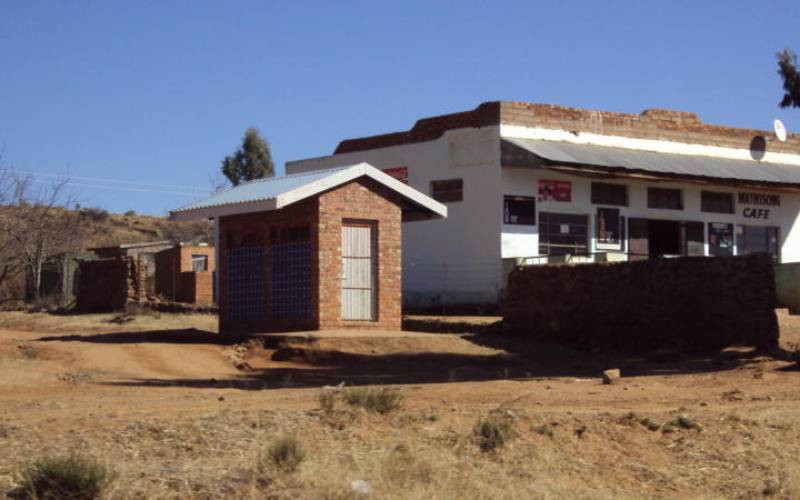×
The Standard e-Paper
Join Thousands Daily

The photo was taken in South Africa, but everyone thinks it was somewhere in Kenya. The building is common in rural Kenya, the best symbol of hustling, long before hustling got into the political lexicon.
Such a building hosts hotels, butcheries, shops, kinyozis, tailors, agrovets, bars, posho mills, and a more recent addition, pharmacies.